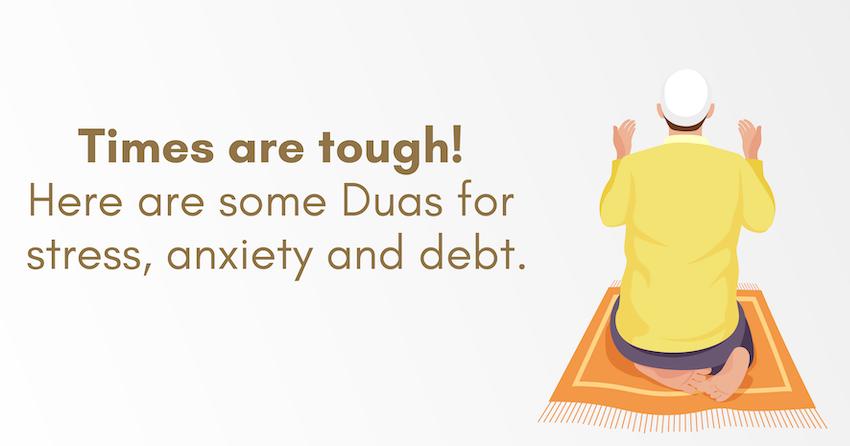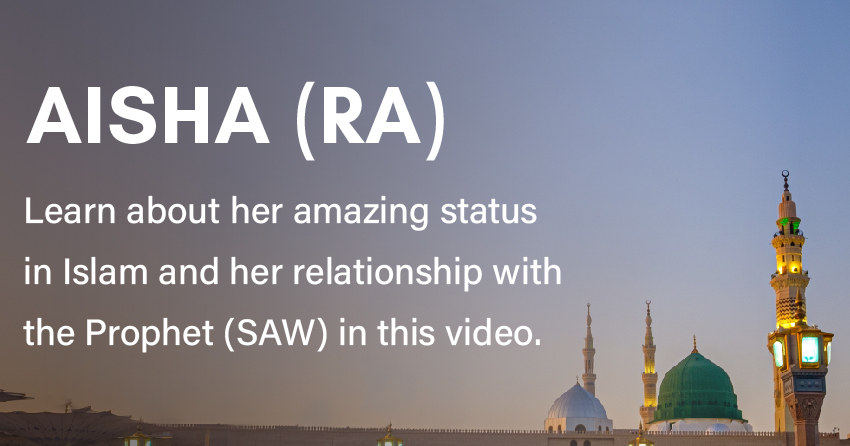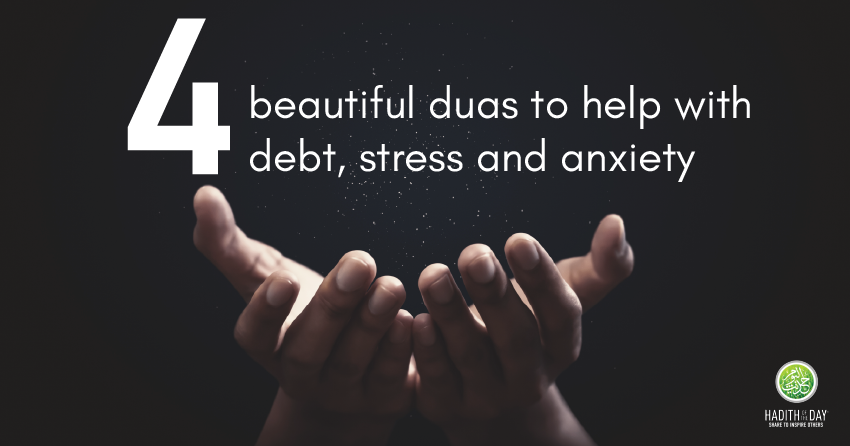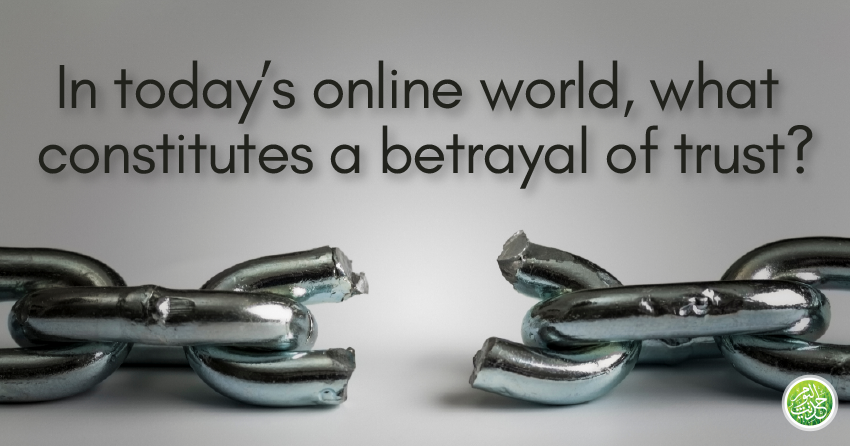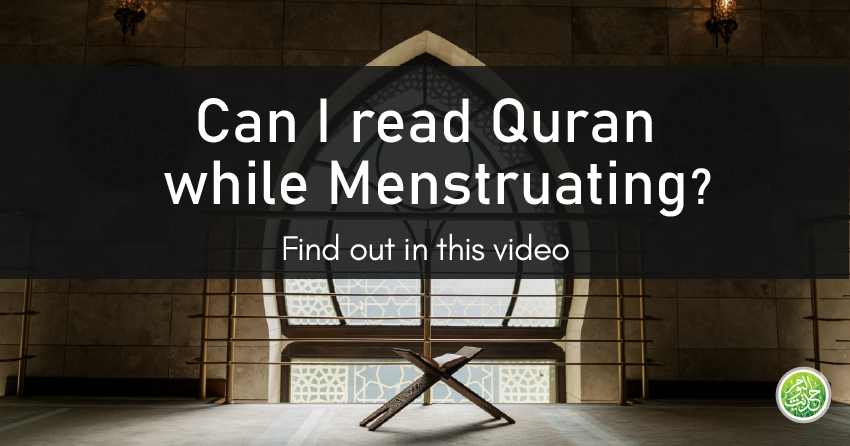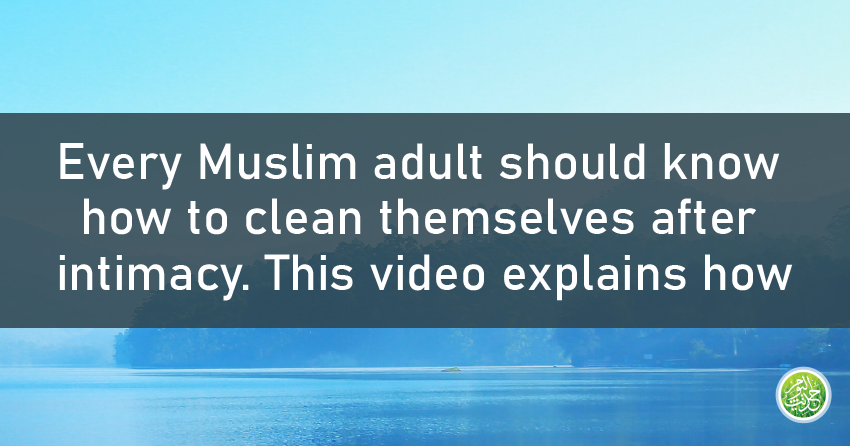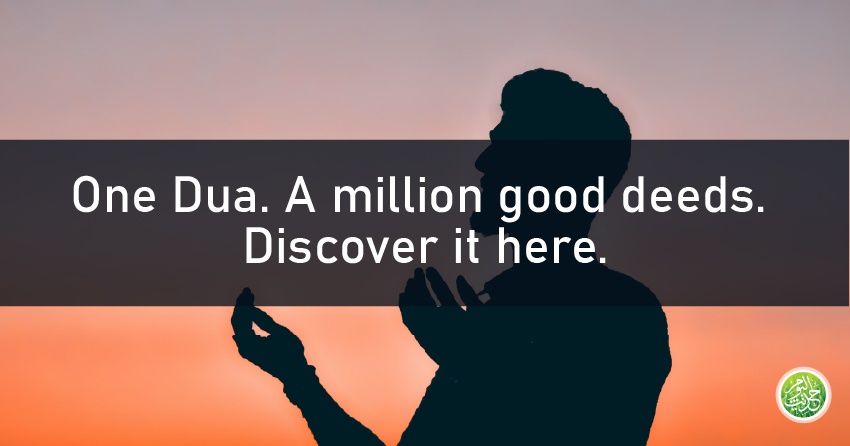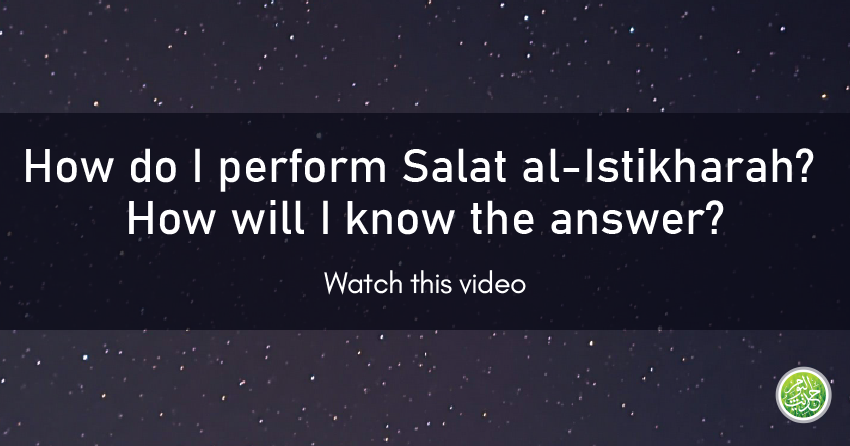The Transformative Power of Recitation

Reflection Upon The Power and Change Effected by Qur’anic Recital: Readings in the Muhammadan Revelation by Imam Muhammad Rashid Rida (r) (d. 1935) & Authority of the Qur’an by Dr. Taha Jabir al-Alwani (h)
In Muhammadan Revelation, Shaikh Muhammad Rashid Rida speaks of the power of Qur’anic recitation as a means of deep transformation, self-transformation and rebirth. The transformation that takes place when the Qur’an is properly recited and studied is a transformation of attitude and character. Shaikh Rida mentions Qur’anic recitation with Qur’anic study, indicating that recitation is an oration during which the themes of the Qur’an become a point of reflection and source of transformation.
Recitation alone will not suffice to bring about the type of qualitative change that we witnessed in the generation during which the Qur’an was revealed. “The spiritual and social upheaval brought about by the Qur’an was the result of the believers’ continued recitation of the Qur’an, and their exposure to its teachings,” (p. 77). Shaikh Rida indicates that the wisdom in consistent, continual Qur’anic recitation rests in the principle that “some [Qur’anic] points require very little repeating in the Qur’an, while others require a great deal of repetition in order to be understood, and in order to sink in and replace the accumulated and negative effects of traditional and inherited attitudes,” (p. 79).
It’s important to note that the universality of Islam is rooted in the universality of the Qur’anic address that characterizes the Qur’anic revelation. According to Dr. Taha Jabir al-Alwani, in Hakimiyyatul Qur’an, the universality of the Qur’anic address is established in the current internal order of the Qur’an. The present order of the Qur’an is not the order in which it was revealed. Rather, the current order came to be as a result of the guidance of the Prophet Muhammad ﷺ (peace be upon him) by Jibril (`alayhi as-salaam, peace be upon him) (p. 36).
The current order of the Qur’an removes revelation from the constraints of context and illustrates the power of the Qur’an to transcend context. In this sense, the Qur’an is relevant to all occasions, localities, and people because it supersedes the context of its revelation. It is through dedicated recitation that we come to encounter its depths and meaning, and through these gain an insight into its relevance to our lives and situations. It is through its recital that its transformative power reaches our depths, demanding a change in character, customs, and outlook.
Shaikh Rida holds that part of the miraculous nature of the Qur’an is in its ability to affect social transformation, “in its agency in changing human society,” (p. 72). He further writes, “if good and truth are to take effect on people, so that their influence begins to show in what people do and the way that they live, is that their faith must become strong enough to rule their hearts, and overrule their desires and their fears, and their hopes and expectations,” (p.71). Shaikh Rida speaks about a transformation of the self here, a radical transformation, which is best summed in the term “empowerment.” With this meaning in mind, we understand the Qur’anic revelation to be transformative, empowering, and redirecting, reorienting—a guide to an “excellent life” that begins with and ends in the declaration: “There is none worthy of worship nor is their any god except Allah.” To understand the depths of this declaration and to experience its transformative nature and power requires exposure to how it is declared in the Qur’an and how the Qur’an expounds upon it.
“The spiritual and social upheaval brought about by the Qur’an was the result of the believers’ continued recitation of the Qur’an, and their exposure to its teachings. Indeed, they spent most of their waking hours, regardless of where they were or what they were doing, reciting the Qur’an,“ (p. 77). This was the manner in which the Qur’an was recited, with constancy and refection and action so that it came to be understood as a reading of empowerment and change—a revolution of the most refined nature because it transformed the worst in human beings to bring about the best in their humanity and restore to society a sense of unified community.
Shaikh Rida (radi allahu `anhu, may God be pleased with him) teaches us the wisdom rooted in Qur’anic recital while Dr. Taha Jabir, an inheritor of the school of Shaikh Muhammad Rashid Rida (ra), aids us in understanding the power of the Qur’anic revelation.
We gain two insights here and they are firstly that the Qur’an when it addressed the companions of the Prophet Muhammad ﷺ did so in a manner that was relevant and gradual so that with its revelation and study transformation took place. The second insight we gain is that transformation is possible by the very means that the first generation availed itself of, and that is through recitation, study and practice of the Qur’an. We must recall that because the Prophet ﷺ, before his demise, ordered the Qur’an in the present form that it is in and did not hand us the Qur’an in the order that it was revealed we come to under that the Qur’an transcends the context in which it was revealed. In this manner the Qur’an speaks to people other than the Arabs of the Arabian Peninsula and to people that live in a time other than its time of revelation. Its message is not imprisoned and limited by the time and place of its revelation nor outdated by time and place. This being the case the Qur’an is relevant to us, to our time and place, but in order for it to be effective we must allow its transformative power to influence us.
Shaikh Rida writes, “If good and truth are to take effect on people, so that their influence begins to show in what people do and the way that they live, is that their faith must become strong enough to rule their hearts, and overrule their desires and their fears, and their hopes and expectations,” (p. 71). Lastly he states, “Some [Qur’anic] points require very little repeating in the Qur’an, while others require a great deal of repetition in order to be understood, and in order to sink in and replace the accumulated and negative effects of traditional and inherited attitudes (p.79)”
“The believers are only those who, when Allah is mentioned, their hearts become fearful, and when His verses are recited to them, it increases them in faith.” (Qur’an 8:2)
Proudly brought to you by Virtual Mosque, more Virtual Mosque can be found at http://www.virtualmosque.com/personaldvlpt/reflections/the-transformative-power-of-recitation/
Since You’re Here… we have a small favour to ask.
In these extraordinary times, millions rely on HOTD for daily uplifting & inspiring content. Established since 2009 and with your kind support we’ve seen readers elevate their Imaan & strive for better on a daily basis. We’re committed to keeping our content freely available and open for all readers. Every contribution, however big or small, makes a difference and help us spread knowledge to millions daily
HOTD is something special, it’s a place where people can come to be inspired, to renew their faith, to learn and share knowledge, to fall in love with our faith and also our Prophet (peace and blessings be upon him and his family).
All content on HOTD is free. We believe what we do in this life builds for the next one and we work tirelessly with the aim to please Allah and inspire the global Muslim community as
well as providing information and inspiration for anyone interested in Islam. We simply cannot do this without your support and your support helps us continue our services.
If there were ever a time to join us, it is now. You can support HOTD and help sustain our future. Support Hadith of the Day and make a one-off donation or give regularly from as little as £10 a month Jazak’Allah Khayr – whatever you donate will come back to benefit you Insha’Allah as whatever is spent in the way of Allah is an investment in the future and the next life. Thank you.



























